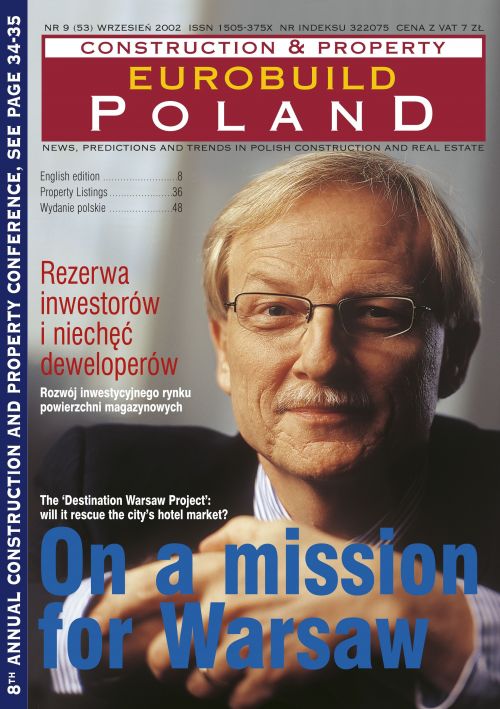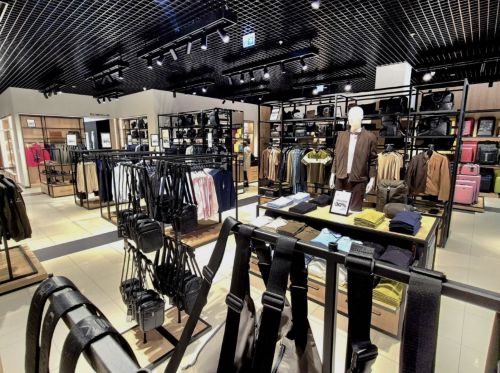27.3% fewer foreign visitors entered Poland in 2001 and this on the back of
three years of consistent slide. There are around 6,500 available hotel rooms in
Warsaw with an average occupancy rate of only 56.8% and this shortfall is likely
to worsen, if nothing is done to tackle it. The city's hotel industry needs a
vision and plan to get more travellers coming to the city.
Alex Kloszewski, Chairman of the recently formed 'Destination Warsaw Project',
has both.
People with cash to spare in Western Europe are spending it on weekend breaks,
mostly to foreign capitals such as Paris, Berlin or Rome. What about Warsaw? For
a start, it's not a destination for any of the budget airlines, such as Buzz,
Easyjet or Ryan Air, which take passengers for next to nothing to elsewhere in
Europe and flights to New York are generally cheaper. The thousands who will
have 'done' one or two cities in Europe, are therefore unlikely to turn to
Warsaw as their next port of call. The city is quite c




























































